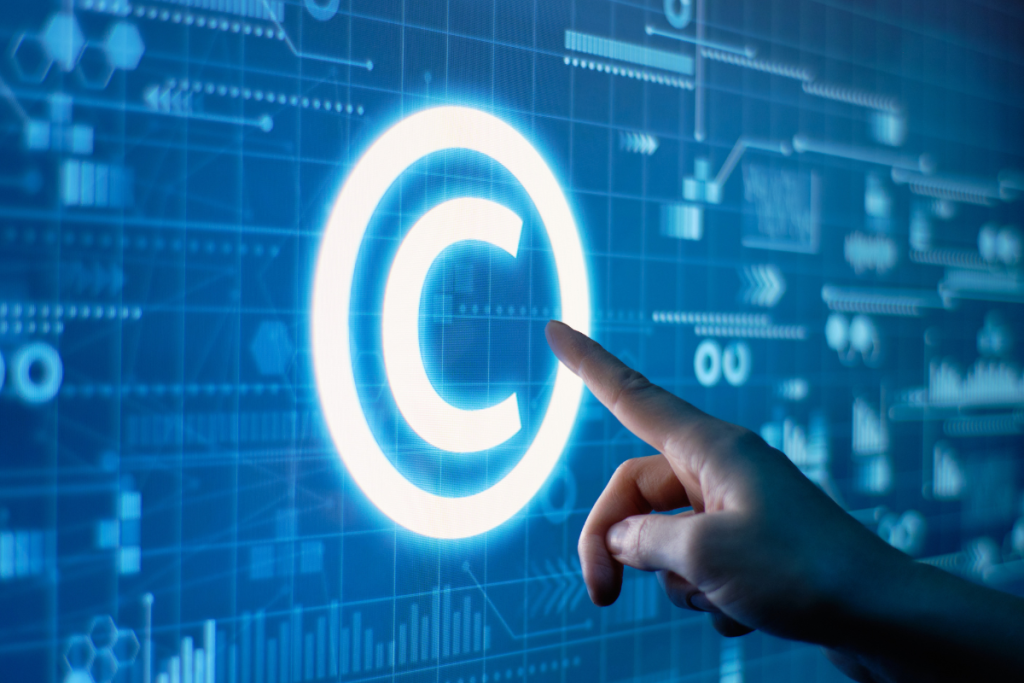As fulfillment systems grow more intelligent, the logic behind them is becoming more contested. Algorithms that once simply routed orders or assigned pick tasks are now self-optimizing engines, learning from operational data, refining performance, and shaping how goods move through complex networks.
But as these models improve, so do the questions: Who owns the logic that results? The shipper who generated the data? The 3PL that executed the work? Or the software vendor whose model evolved in the process? In the age of AI-customized logistics, intellectual property battles are moving from the legal department to the warehouse floor.
From Execution to Embedded Intelligence
Historically, fulfillment technology was a tool. Warehouse management systems (WMS), order management systems (OMS), and orchestration platforms executed tasks according to pre-defined rules. But AI has rewritten that model. Today’s systems don’t just follow logic, they develop it.
Slotting algorithms now optimize based on pick patterns. Cartonization engines learn from damage rates and shipping costs. Labor scheduling tools adjust based on productivity curves and attrition. All of this performance tuning is made possible by the shipper’s operational data.
And therein lies the problem. As models improve using real-world fulfillment data, they become more valuable than the software that houses them. A high-performing algorithm isn’t just an asset, it’s a competitive advantage. But when relationships change, like switching 3PLs or migrating to a new software stack, ownership of that advantage becomes unclear.
The 2023 intellectual property battle between AutoStore and Ocado brought this tension into public view. AutoStore, a Norwegian robotics company, accused Ocado of infringing on patents related to cube-based warehouse automation. Ocado, which had heavily customized its system for grocery fulfillment using proprietary software layers, argued its algorithms and execution logic were unique, even though the physical automation was derived from a third-party system.
While the dispute centered on hardware patents, it raised broader questions about how much of a fulfillment system’s intelligence is portable, and who retains rights when operations or partners change.
The Fulfillment Intelligence Stack: Who Owns What?
Operational Data Streams: IoT sensors, scanner data, and task execution logs that feed the system—clearly belong to the shipper. But even here, debates arise when 3PLs co-invest in infrastructure or collect behavioral data across shared-user sites.
Trained AI Models: This is the flashpoint. While raw data belongs to the client, the model trained on that data often doesn’t—especially if it’s embedded in proprietary software. Providers like Blue Yonder, Manhattan Associates, and Locus Robotics treat performance tuning as intellectual capital, not a licensed output.
Optimization Outputs: Task assignments, route sequences, and wave planning decisions—delivered daily—are usually considered operational artifacts, not intellectual property. Yet in some contracts, output logic tied to KPI performance clauses may trigger ownership rights, especially when custom-coded.
Fine-Tuning Layers and Feedback Loops: As fulfillment systems ingest real-time outcomes to refine algorithms, the line between system improvement and client-specific tuning blurs. Some logistics operators are now creating IP clauses to retain derivative learnings, while others are adopting federated models to separate general and client-specific logic.
Contractual Guardrails and Carve-Outs: To prevent disputes, some shippers are requesting algorithmic non-compete clauses or “data-derived logic exclusivity” for high-value workflows. Others are pushing for audit trails that document where model behaviors are shared, reused, or resold across accounts.
Protecting Intelligence as Performance Differentiator
As fulfillment becomes more autonomous, the boundary between software and strategy is disappearing. Optimization logic trained on your data is no longer just a tool—it’s an asset. One that can be transferred, misused, or lost depending on how agreements are structured.
For companies, this means rethinking how software is evaluated and how relationships with 3PLs and tech providers are governed. In the coming years, IP governance may matter just as much as API access or SLA compliance. The next phase of fulfillment transformation won’t be just about deploying smarter systems, it will be about making sure the intelligence they develop stays under your control.





